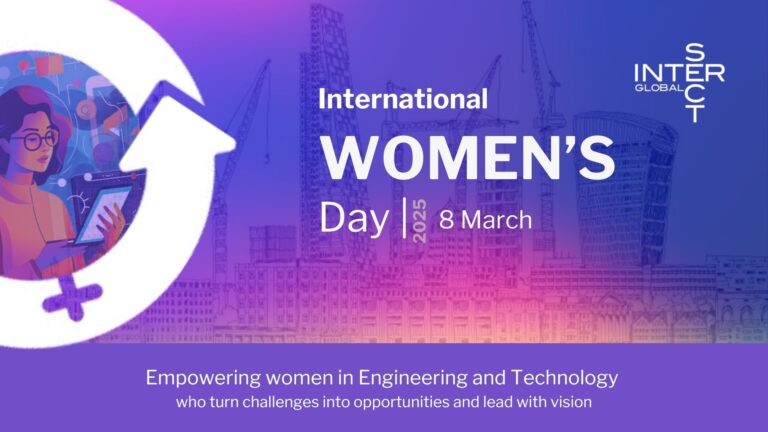Artificial Intelligence (AI) has significantly reshaped recruitment processes, offering faster and more streamlined methods. From automating CV screening to handling video interviews, AI-powered tools can process vast numbers of applications efficiently.
However, a closer look reveals a critical concern: these technologies could inadvertently impede progress in diversity, equity, and inclusion (DEI). Could the very algorithms designed to enhance hiring efficiency also introduce unintended setbacks?
Understanding Bias in AI Recruitment
AI’s reliance on data for decision-making is both its strength and its weakness. If the datasets used for training AI systems contain historical biases—such as favoritism toward specific educational backgrounds, genders, or ethnic groups—the technology may replicate and amplify these patterns. Research from the National Bureau of Economic Research (NBER) highlights how AI models built on biased data can inadvertently perpetuate inequalities, sometimes eliminating diverse candidates from consideration without recruiters being aware.
A prominent example is Amazon’s AI-based hiring tool, which was intended to streamline CV screening. The system penalized resumes containing terms like “women’s,” as seen in phrases such as “women’s soccer team” or “women’s college.” This occurred because the training data was heavily skewed toward male candidates, reflecting historical hiring patterns at Amazon. Ultimately, the company discontinued the tool, acknowledging its unintended reinforcement of gender bias.
Beyond recruitment, similar issues have been observed in other applications of AI. For instance, the COMPAS algorithm, used in the criminal justice system, disproportionately flagged minority defendants as high-risk. Though outside the hiring sphere, this example underscores the broader implications of biased AI systems.
The Latest Insights on AI Bias in Hiring
Research continues to shed light on how bias manifests in AI-based recruitment. A study by MIT Sloan Management Review found that AI tools often favor candidates resembling previous successful hires, even when organizations aim to increase diversity. This tendency to replicate historical hiring decisions can hinder efforts to broaden talent pools.
Similarly, Harvard Business Review highlighted biases in AI-driven video interview tools. These systems, which evaluate candidates based on facial expressions, vocal tone, or speech patterns, can disadvantage individuals from neurodiverse backgrounds or those with disabilities. Such findings emphasize the importance of oversight in deploying AI in recruitment.
Intersect’s Approach: Balancing AI and Human Insight
At Intersect, we recognize the value of AI in enhancing efficiency but remain cautious about its limitations. We believe that AI cannot replace the nuanced judgment of human recruiters. While AI processes data quickly, it lacks the capacity to consider the unique circumstances and diverse needs of candidates. By combining AI-generated insights with human judgment, we ensure that diverse shortlists are created and DEI goals are prioritized.
Learning from Industry Leaders
Several organizations have successfully addressed AI bias in recruitment. For example, LinkedIn has implemented fairness algorithms to identify and correct disparities introduced by its AI tools. Continuous monitoring like this is essential to prevent inadvertent disadvantages for specific groups.
Steps to Align AI with DEI Goals
For companies leveraging AI while maintaining their commitment to diversity, here are actionable strategies:
- Audit Training Data: Regularly assess the datasets used to train AI models to ensure they reflect the diversity you aim to achieve.
- Diversify Data Sources: Incorporate inclusive datasets that represent a range of experiences and demographics.
- Conduct Bias Reviews: Periodically evaluate AI systems for any patterns of bias, involving external experts where necessary.
- Human Oversight: Use AI as a tool to support—not replace—human decision-making. Recruiters play a vital role in recognizing diverse talents and ensuring fairness.
- Prioritize Skills-Based Assessments: Shifting the focus from traditional qualifications to skills-based hiring can reduce biases linked to education or employment history.
Conclusion
AI has immense potential to revolutionize hiring by making it faster and more data-driven. However, this potential must be harnessed responsibly to avoid perpetuating systemic biases. Organizations must remain vigilant, implementing safeguards to ensure that AI aligns with their DEI goals.
At Intersect, our approach emphasizes a thoughtful balance between technology and human expertise. By combining the speed and efficiency of AI with the empathy and insight of human recruiters, we strive to create a recruitment process that is inclusive, equitable, and aligned with modern workforce needs.





